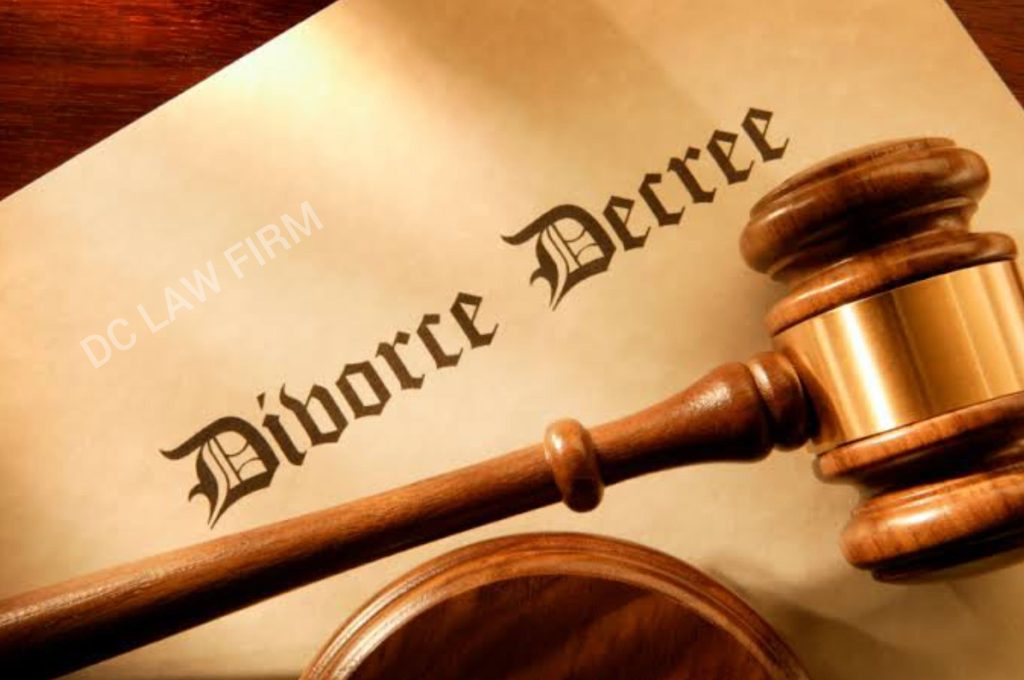Mediation serves as a pivotal tool in resolving conflicts, particularly in the emotionally charged realm of divorce proceedings. Its role lies in fostering communication, understanding, and cooperation between estranged spouses, ultimately aiming for an amicable resolution. Through mediation, couples can bypass the adversarial nature of traditional litigation, opting instead for a more collaborative approach to resolving their differences. At its core, mediation involves the assistance of a neutral third party, the mediator, who facilitates constructive dialogue and guides the couple towards mutually beneficial agreements. In the context of divorce, a skilled mediator can help couples navigate a wide array of issues, including division of assets, child custody arrangements, and spousal support. By providing a structured yet flexible environment for discussion, mediation empowers couples to take control of their own futures, rather than leaving critical decisions in the hands of a judge. Moreover, mediation often proves to be a more cost-effective and time-efficient alternative to prolonged courtroom battles, sparing both parties from the financial strain and emotional toll associated with litigation.

However, the success of mediation hinges largely on the willingness of both spouses to engage in good faith negotiations and compromise. This is where the role of a divorce attorney becomes indispensable in facilitating amicable resolutions. While mediation does not typically involve traditional legal representation, divorce attorneys can still play a crucial supportive role in the process. Firstly, an attorney can help their client prepare for mediation by clarifying their goals, identifying priorities, and outlining potential concessions. By having a clear understanding of their rights and obligations under the law, clients can approach mediation with confidence and a realistic perspective. During mediation sessions, a divorce attorney can provide invaluable guidance and advocacy, ensuring that their client’s interests are adequately represented while also promoting a spirit of cooperation. Attorneys can help clients articulate their needs and concerns effectively, while also helping them navigate any complex legal issues that may arise during negotiations. Additionally, attorneys can offer creative solutions to contentious issues, helping to bridge the gap between conflicting interests and facilitating compromise.
Perhaps most importantly, eaton law group in houston divorce attorney can help temper emotions and manage expectations, thereby preventing disputes from escalating and derailing the mediation process. Emotions often run high during divorce proceedings, and having a knowledgeable and objective advocate by their side can help clients maintain focus and composure, even in the face of adversity. By fostering an atmosphere of civility and respect, attorneys can help lay the groundwork for productive dialogue and ultimately, a more amicable resolution. In conclusion, mediation offers divorcing couples a constructive alternative to traditional litigation, allowing them to resolve their differences in a collaborative and cost-effective manner. While mediation does not typically involve formal legal representation, divorce attorneys can still play a critical role in facilitating the process and ensuring that their clients’ interests are protected. By providing guidance, advocacy, and emotional support, attorneys can help divorcing couples navigate the complexities of mediation and work towards mutually acceptable agreements. In doing so, they can help lay the foundation for a more peaceful and harmonious post-divorce relationship.